The University of Chicago Press, Chicago 60637
The University of Chicago Press, Ltd., London
2019 by The University of Chicago
All rights reserved. No part of this book may be used or reproduced in any manner whatsoever without written permission, except in the case of brief quotations in critical articles and reviews. For more information, contact the University of Chicago Press, 1427 E. 60th St., Chicago, IL 60637.
Published 2019
Printed in the United States of America
28 27 26 25 24 23 22 21 20 19 1 2 3 4 5
ISBN-13: 978-0-226-63423-4 (cloth)
ISBN-13: 978-0-226-63437-1 (paper)
ISBN-13: 978-0-226-63440-1 (e-book)
DOI: https://doi.org/10.7208/chicago/9780226634401.001.0001
Library of Congress Cataloging-in-Publication Data
Names: Powell, Ryan, author.
Title: Coming together : the cinematic elaboration of gay male life, 19451979 / Ryan Powell.
Description: Chicago ; London : The University of Chicago Press, 2019. | Includes bibliographical references and index.
Identifiers: LCCN 2018056058 | ISBN 9780226634234 (cloth : alk. paper) | ISBN 9780226634371 (pbk. : alk. paper) | ISBN 9780226634401 (e-book)
Subjects: LCSH: Homosexuality in motion pictures. | Gays in motion pictures. | Motion picturesSocial aspects.
Classification: LCC PN1995.9.H55 P69 2019 | DDC 791.43/6526642dc23
LC record available at https://lccn.loc.gov/2018056058

This paper meets the requirements of ANSI/NISO Z39.481992 (Permanence of Paper).
The research for this project began in the Film Studies Department at Kings College London. Im immensely grateful to Richard Dyer, whose vast knowledge, unique perceptive capacities, and thoughtful guidance helped to shape this work in countless ways. His patience, care, and engagement, especially early on, has helped to sustain and invigorate this work. A great deal of thanks is due to John Howard, who kept me asking hard but necessary questions, and directed me toward strategies of archival practice that have left me with a profound respect for the urgency of recognizing and engaging with disappearing bodies of work.
There are a number of others whose intellectual guidance has marked this work; I am deeply thankful for the many long conversations I have had with Sarah Churchwell. Her intellectual vitality is unparalleled. Thomas Waugh has been extraordinarily generous over many years with both ideas and materials. I admire his unwavering commitment to the politics of eros. Matt Cooks thoughtful reading of my work has impressed upon me the importance of description in recovering a feeling for time and place.
Kings College London offered financial support in the form of a travel grant that funded the international research on which this project relied. A travel grant provided by Yale University allowed me to attend a workshop on Postwar Queer Cinema, at which I was able to workshop what was to become an important part of this book. I am especially grateful for valuable feedback and discussion with coparticipants Ron Gregg, Juan Surez, and Lucas Hilderbrand. This project also benefited greatly from the lively research culture generated by the Queer@Kings research group, and I am especially thankful to Robert Mills for inviting me to present my work and receive valuable feedback from the group.
There are numerous institutions, organizations, and individuals without whom this work would not exist. A great deal of the material that forms the historical basis of this work has come from the following archives. Thanks are due to the Hall-Carpenter Archives at the London School of Economics and especially to John Verrill, who assisted with the retrieval and reproduction of copious amounts of archival material; to the Archives and Special Collections at the Thomas J. Dodd Research Center at the University of Connecticut, where the Foster Gunnison Jr. Papers are held, with a particular thanks to Valerie Love for her assistance; to the Leather Archives and Museum in Chicago, with much gratitude to Christina Court and Rick Storer for helping me in sorting through their incredible collection; and to the ONE Archives Los Angeles, with particular gratitude to Michael C. Oliveira; to Joel Fisher of Scarecrow Video in Seattle, who helped me to find films that I had long thought had fallen off the face of the planet; to Bijou Video and Steve Toushin, who generously assisted me with accessing so many of the films explored here; to Pat Rocco, who provided me with copies of his own work and that of other key filmmakers, and with whom I so enjoyed speaking; to Brad Confer at Bloomsbury Books, whose careful preservation of theater ephemera allowed me to engage with these precious artifacts; to the Kinsey Institute, and to Shawn Wilson for getting out all those Beta tapes and actually having a player to play them in; to the British Film Institute, and to Brian Robinson, whom I will never be able to thank enough for introducing me to the extraordinary Peter de Rome; to Joe Gage, whose generosity and time has helped to make the history of this project come alive; to Irwin Swirnoff, curator of my gaze///yr gaze: a queer film series, for contributing the books final image; and to Sam Ashby, for so many wonderful and important conversations about film and life.
This book has been completed while I have been working in cinema and media studies at Indiana University, first in the Department of Communication and Culture, then in the Media School. Thanks to Greg Waller who read early drafts and has offered expert advice and mentorship throughout my time at IU; to Stephanie DeBoer, for thoughtful feedback on early parts of this work and for making life in Bloomington wonderful right from the start; to Scott Herring, whose response during some of the most challenging times in the writing process was invaluable; to Shane Vogel, for expert advice on all aspects of the process; to Joshua Malitsky, for his excellent suggestions during the book-writing process; to Raiford Guins, for being a seemingly endless resource of scholarly knowledge; to Cara Caddoo, for her focused feedback on my work and being an all-around great pal; and to Joan Hawkins, whose intelligence and wit has helped to grow and sustain a vibrant film culture at IU, of which I feel lucky to be a part.
The completion of this research and writing would not have been possible without the impeccable assistance of Landon Palmer, to whom I am extremely grateful for his close eye and sharp mind. Thanks also to Shadia Silliman, who assisted with sorting through the more unwieldy elements of the filmography. I am most grateful for the excellent work of Theresa Wolner, whose sharp mind as an indexer greatly increased the utility of this work.
My editor, Doug Mitchell, has shepherded this project through its journey to publication. His enthusiasm for the material and his wide-ranging and dexterous intellect has made discussing this book with him deeply satisfying. Conversations with him, whether about work, film, or music, always leave me looking forward to our next exchange. Many thanks to Kyle Wagner for attentive and clear guidance in helping me move through the ins and outs of the publication process. I have been lucky to benefit from the impeccable editing expertise of Mark Reschke to whom I am most grateful for treating this work with such care and interest. Many thanks to Tyler McGaughey for his assistance and coordination. A special thank-you to Susan Bielstein, who helped see this work through to completion. An enormous heartfelt thanks to Kevin Quach, whose incredible design talents are responsible for the cover of this book.


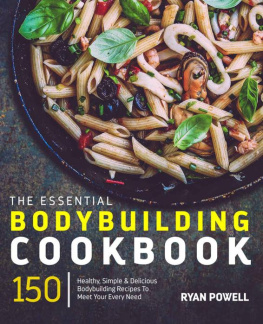
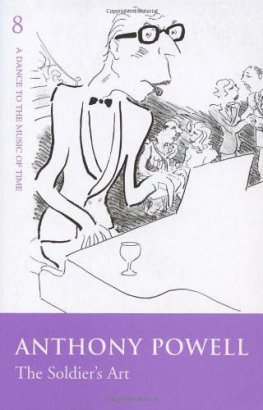

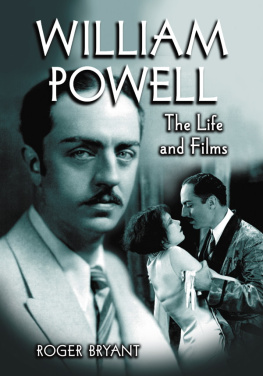
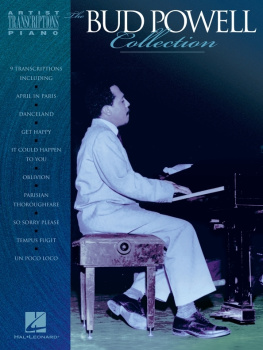
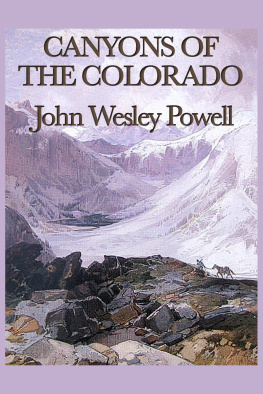
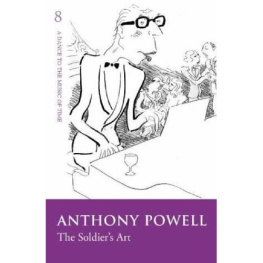
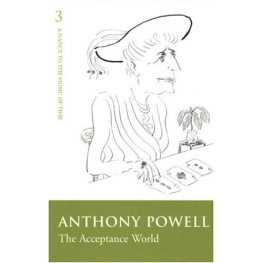

 This paper meets the requirements of ANSI/NISO Z39.481992 (Permanence of Paper).
This paper meets the requirements of ANSI/NISO Z39.481992 (Permanence of Paper).